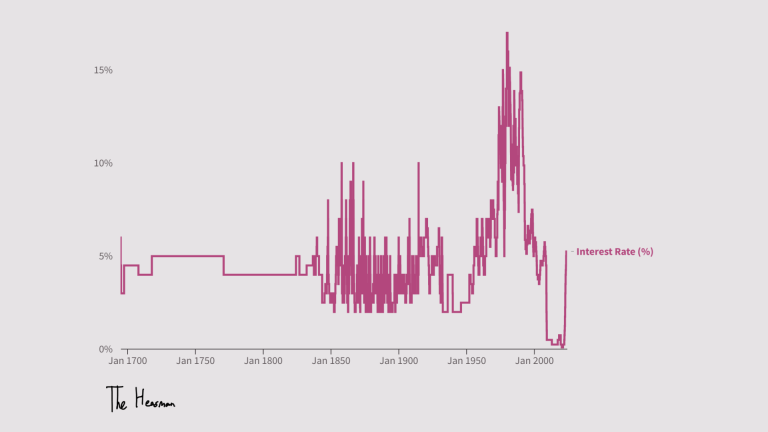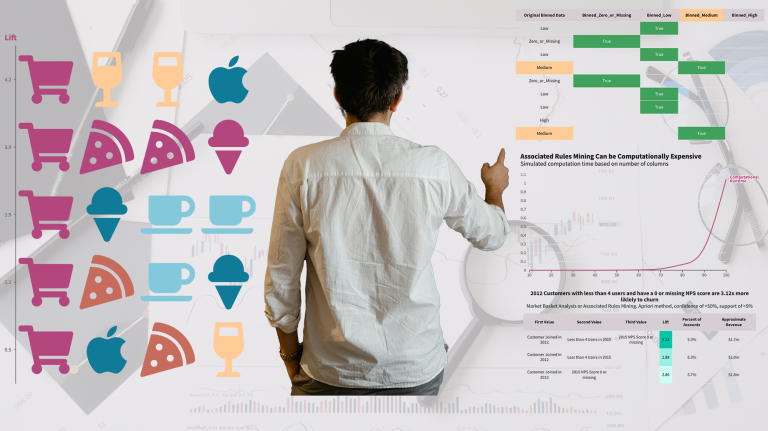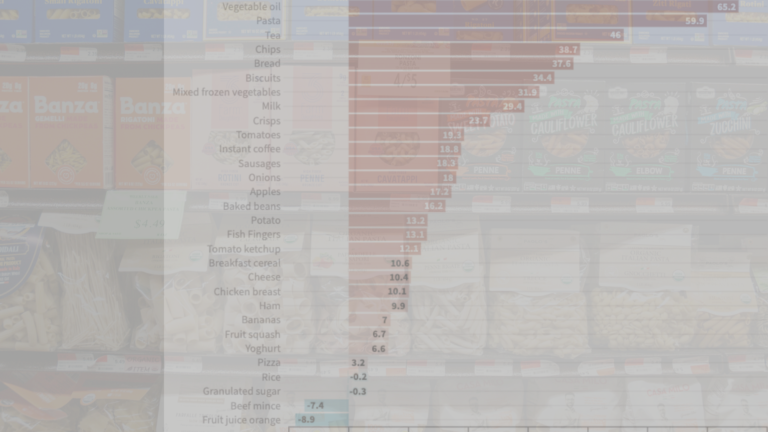The humble tin of baked beans. Best symbolised by a can of Heinz Beanz.

Heinz baked beans (or “Heinz Beanz”) are an icon. Brits consume more baked beans than anywhere else on Earth. How much more? In 2010, Australians consumed 60 million units of Heinz Beanz, placing them second in the world.
Great Britain? 444 million units. That’s over seven times larger than Australia. Some estimates put the UK at consuming more baked beans than the entire rest of the world put together.
Time was, it was rare to enter someone’s home and not see a tin of Heinz Beanz. An essential during rationing, and a slogan that rolls off the tongue, “Beanz Meanz Heinz”1That slogan by the way? It was cracked out over a couple of pints in Mornington Crescent. Considering that a pint of beer in 1967 was £1.70 adjusted for inflation, let’s call that investment £4.
Heinz Baked Beans has sold consistently at £0.75 when adjusted for inflation. It’s estimated that today 2 million cans of baked beans is consumed every day. Let’s say 40% of those are Heinz Beanz. So 800,000 cans of beans per 60 million Brits per day. Or one per 75 Brits. The population of the UK was about 55 million in 1967. So to make things simple, let’s just say that the population of the UK has been 55 million every year since 1967.
There have been 20,440 days since 1967. For a population of 55 million, using the figures above, you get 733,333 Heinz Beanz consumed per day. Which gives you a staggering figure of nearly 15 trillion beans consumed since then (14.98 x 10^10 for the serious nerds amongst you). At the price of £0.75 that equates to revenue from Heinz Beanz of £11.2 billion since that slogan was coined.
Not too shabby for an investment of £4. I estimate those beers to have produced an ROI of 281,050,000,000% or just shy of 280 billion percent.
The moral of this story? Let your creatives go to the pub more often.
, it’s a product that is almost as ubiquitous as air and water in the UK.
Yet this one-time essential food has gotten expensive. I’m not talking about your usual cost-of-living increase. Nope. In the past five years, the cost of Heinz Beanz has risen faster than inflation.
Let’s go through a portal into the past. Browsing Tesco.com on the internet archive, we can see that a 415g can of Heinz Beanz cost £0.75 in 2019.2No other online supermarket had records on either their website, or on the internet archive going back further. This was the oldest contemporary and verified record I could get on the price of baked beans, short of trying to find old receipts at my mum’s house. As briefly mentioned earlier, this has been the staple price of Heinz Beanz since the 70s, when you adjust for inflation.
Using the ONS Consumer Price Inflation (CPIH) detailed price index for vegetables, we can look at what happened to vegetable goods that cost £0.75 in 2019, and where their price is today. Let’s call this “How Heinz Beanz should have ideally risen”. (Sometimes, it pays to be literate with data).
Using this data, a 415g tin of Heinz Beanz should have risen to £0.94. More expensive, but not the kind that breaks the bank.
Yet, as the more savvy grocery shoppers amongst you would know, this didn’t happen.
Instead this happened:

Each dot is the price of one 415g tin of Heinz Beanz for that year.3I don’t have time to write up methodology notes, but I was made aware Tesco and Heinz had a fight, so this could have affected prices. What I will say, is while Tesco was the main source of this data, I was able to get prices from 2022 from Sainsbury’s and Asda sometimes, and the cost of Heinz Beanz was consistent across these three retailers. Also – I looked at the price of an individual 415g can. Not the four-pack. Why? Because that’s how the ONS do it, and I defer to those wise statistical officials.
To make matters less confusing, let’s turn those dots into a line:
Here you can see the two paths clearly: if Heinz Beanz had followed the inflation of other goods, we would pay £0.94 today for a single tin. But, we pay nearly double the 2019 price at £1.40.
No wonder shoppers have increasingly abandoned Heinz Beanz for other brands.
A shame. While the Heinz can isn’t the Spitfire, or the red telephone box, (and was founded by an American), it is an icon of something quintessentially British.
Here’s hoping it doesn’t go the same way as those icons.
This article originally appeared on my LinkedIn.




